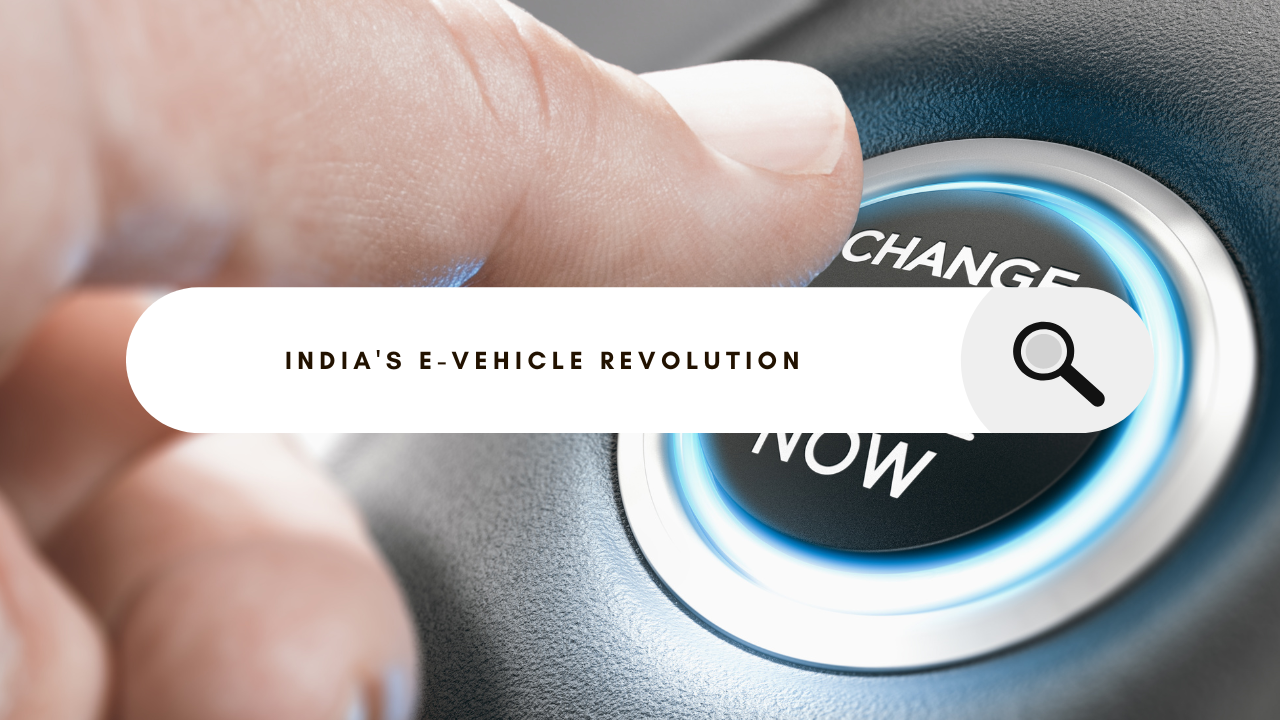Overview: The Ministry of Heavy Industries (MHI), Government of India, has sanctioned a progressive scheme to promote the domestic manufacturing of electric passenger cars (e4W). This initiative is designed to attract substantial foreign investment and enhance the indigenous production capabilities within the electric vehicle (EV) sector.
Scheme Details and Incentives:
- Minimum Investment: Automobile companies looking to benefit from this scheme are required to invest at least Rs. 4,150 crore (approximately USD 500 million) in setting up manufacturing operations in India.
- Import Duty Reduction: Eligible foreign companies can import up to 8,000 electric passenger cars annually at a reduced import duty of 15% for five years post-approval, provided these cars have a minimum CIF value of USD 35,000 each.
- Current Duty Structure: As of March 16, 2024, the standard customs duty on imported cars as completely built units (CBUs) ranges between 70% to 100%, based on engine size and CIF value.
Operational and Value Addition Criteria:
- Timeline for Facility Operationalization: The manufacturing facility must be operational within three years from the date of MHI’s approval.
- Domestic Value Addition (DVA) Requirements:
- At least 25% DVA within three years.
- At least 50% DVA by the end of the fifth year.
- Incentive Limitation: The total value of the import duty reduction will not exceed the lesser of the total investment made or Rs 6,484 crore, equivalent to the incentives available under the Production Linked Incentive (PLI) scheme.
- Bank Guarantee: Companies must provide a bank guarantee equal to the value of the reduced customs duty, which will be invoked if the DVA and minimum investment criteria are not met.
Related Government Initiatives:
- PLI Scheme for Automobile and Automotive Components (PLI-Auto): Launched in 2021, this scheme offers incentives to boost domestic production and attract investments across the automotive manufacturing value chain.
- PLI Scheme for Advanced Chemistry Cell (PLI-ACC): This scheme encourages the production of advanced chemistry cells, crucial for the development of efficient and sustainable EV batteries.
Conclusion: The new E-Vehicle scheme by the MHI is set to position India as a key player in the global electric vehicle industry by fostering an environment conducive to substantial foreign investment and technological advancement in electric car manufacturing. This initiative not only supports India’s sustainable transport objectives but also aligns with global trends towards reducing vehicular emissions and promoting green mobility solutions.


